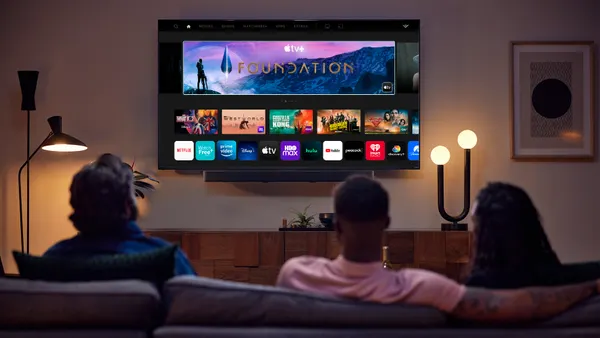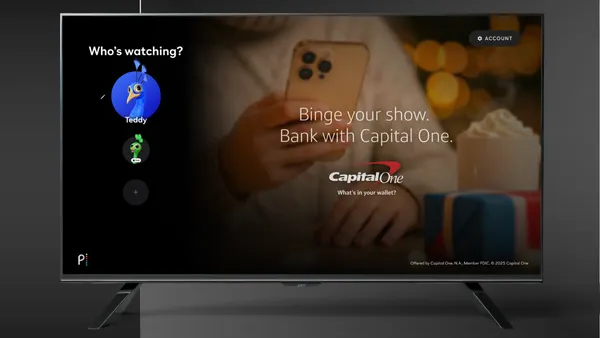Dive Brief:
- Amazon made changes to its Alexa Skills Developer agreement that bans all advertising for third-party products or services in the voice apps, TechCrunch reported. The only exceptions are for streaming music, radio and flash or news briefing apps.
- TechCrunch found mixed reactions from developers, with frustrations growing for those already unhappy with the difficulty of monetizing Alexa Skills and others speculating that new options might be on the horizon such as paid skills, in-app purchases or integrating Amazon Pay within skills.
- One question is how thoroughly Amazon will actually police the new policy. Joseph Jaquinta, a developer on the platform, told TechCrunch he openly defied Amazon's previous, more lax advertising guidelines, stating, "With 10,000 skills, how are you going to tell if someone starts advertising?”
Dive Insight:
A more restrictive ad policy illustrates the tightrope Amazon must walk as personal digital assistant technology becomes more widely adopted and therefore more appealing as an advertising channel. So far, the field includes Google Assistant technology on its Home devices, Apple’s Siri and Microsoft’s Cortana, but Amazon's Alexa has been an early leader in the growing space. Even then, marketing options via Alexa have appeared slight, and Amazon only recently opened any first-party data for skills interactions to brands and developers.
As TechCrunch points out, one reason Amazon might be clamping down on advertising through its voice technology now is a series of recent events that have highlighted how unwelcome marketing via digital assistants can be. In March, Google Home's My Day feature ran plugs promoting Disney's "Beauty and the Beast." While Google insisted these spots weren't actually advertisements, users felt differently, voicing backlash.
More recently, Burger King released TV and online video spots that automatically activated Google Home devices without users' permission, with an actor uttering the Assistant trigger phrase "Okay, Google." Some critics deemed these spots as taking the intrusiveness of Google's own My Day promotions a step too far.
Stemming from that, Amazon could be working to build a more robust proprietary series of ad products that would again put it out ahead of the competition. Paid skills, in-app purchases and Amazon Pay integrations could ultimately establish a safer, less invasive environment for brands that might also be more welcome by end users.












